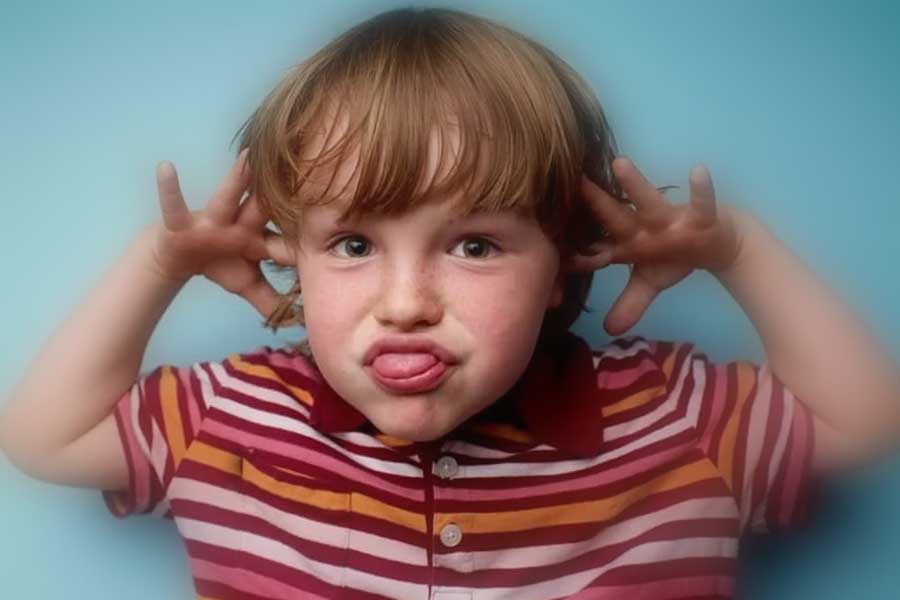
Today’s children, irrespective of their enrolment in schools, are expected to set goals that align with their capabilities and achieve them by overcoming both objective and subjective difficulties. The Therapy, in turn, creates conditions for the comprehensive physical, intellectual, spiritual, moral, behaviour and social development of kids, preparing them for independent living in modern society.
Choosing the Right Activities for Self-Realization
There are numerous examples showing that individuals can achieve great things if they choose activities that allow them to realize their potential. Equally important are the psychological traits of the person, such as goal orientation, confidence, perseverance, willpower, etc. However, children with “exceptional” needs (those with significant physical or mental development deviations: intellectual disabilities, delayed psychological development, speech, and musculoskeletal disorders) often display perseverance, confidence, and willpower not in educational activities but in leisure ones. There are many cases where a student can be determined, goal-oriented, overcome fears, but not in educational activities, instead when they argue with peers and adults, including teachers. Achieving a goal at all costs, sparing no one and not yielding precedence, is possible for a teenager when the goal is of great significance.
Specialized Conditions for Goal Achievement
The uniqueness of “exceptional” children requires unique conditions for the successful achievement of goals. The educational process and living conditions in schools must be of extraordinary flexibility, inventiveness, and high overall and pedagogical culture. Importantly, understanding the child in all the richness of their characteristics and traits is crucial.
Education and Rehabilitation for Children with Disabilities
For children with disabilities, Occupational Therapy Clinic focus on correcting deviations in their development through education and professional training, social-psychological rehabilitation for subsequent integration into society.
- Create conditions for learning, upbringing, social adaptation, and integration of children with disabilities into society.
- Develop general cultural skills in students.
- Teach various labour profiles, considering the psycho-physical characteristics of children and local conditions.
- Promote healthy lifestyle habits.
The Role of Physical Education in Willpower Development
The development and strengthening of willpower should logically begin with physical education through natural movements (running, skating, skiing, swimming, rowing, hikes, etc.), free games, and organized active games. These forms of physical education not only physically revitalize but also contribute to correcting character weaknesses, developing social emotions, endurance, patience, bravery, decisiveness, and courage in a fun, lively, and interesting manner.
Further Correction of Willpower Through Diverse Physical Labour
As some improvement in willpower is observed, its further correction is conducted through diverse physical labour, i.e., the application of occupational therapy techniques, with gradual inclusion of mental work. Physical labour energizes the body, accelerates breathing and blood circulation, improves digestion and metabolism, thereby creating better living conditions for the brain. This serves as an excellent preparation for activities, independent reading, and intellectual efforts.
Engaging the Unwilling: The Power of Interest-Driven Labour
Experience Occupational Therapist should pay attention for nervous, pampered, and work-shy children and youths. Often, they have an aversion to physical labour and the expenditure of mental energy. To combat this, it’s crucial to engage them in work or activities that match their tastes, desires, and skills, cultivating a need to work. Collective labour among children is particularly effective in creating a desire to work and increasing the determination to complete begun tasks.
Instilling Confidence and Desire for Achievement
Therapy should instil in children and youths the confidence that they can understand and accomplish tasks, teaching them to take joy in every effort made, a trait of a successful socially adapted personality. It’s important to teach children to desire and execute their wishes, insisting on them, in other words, to realize them. For this, it’s beneficial to assign tasks of varying difficulty, gradually complicating them as the child’s abilities develop. If the tasks are too challenging, they might discourage the child, undermining their confidence and belief in their own abilities, leading to a willpower paralysis known as lack of will.
In light of the growing prevalence of “exceptional” children, occupational therapy emerges as a vital remedy. This therapeutic approach harnesses the intrinsic educational and corrective potential of labor activities, positioning itself as a formidable tool in the corrective educational landscape. By engaging children in meaningful work that aligns with their abilities and interests, occupational therapy not only facilitates significant behavioural improvements but also fosters a sense of accomplishment and self-worth. Through this, it plays a crucial role in preparing children for successful integration into society, underlining the indispensable value of occupational therapy in promoting behaviour development and rehabilitation.


